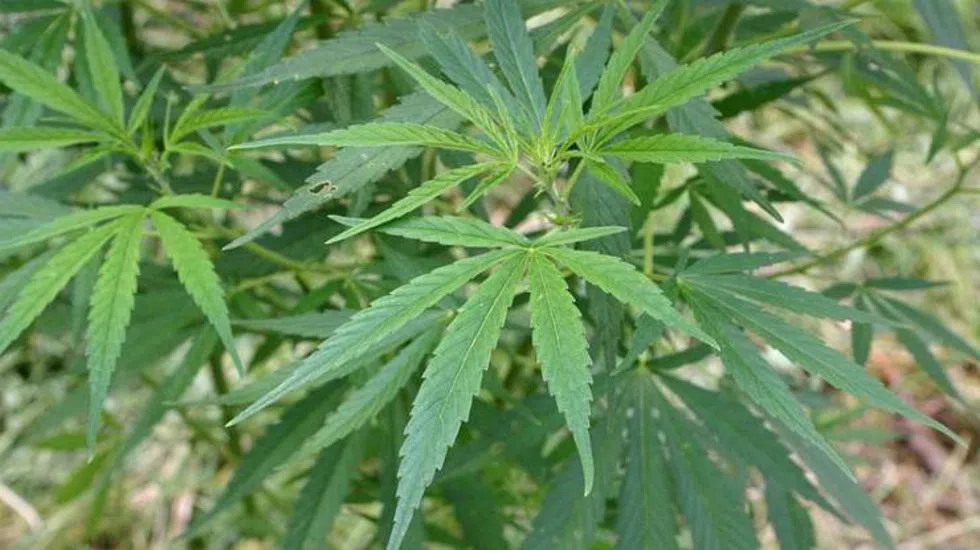
Cannabis costs still not clear: Police Chief
The financial implications cannabis legalization will have on Canadian police departments is still unknown, according to Prince Albert’s chief of police.
Chief Troy Cooper presented a report outlining the potential policing costs to the city’s Board of Police Commissioners this morning. The regional police service in York, Ont. estimated the new legislation will add two per cent to their annual operations budget, Cooper said. Although the Saskatchewan Government is footing the bill to train officers on drug-impaired driving enforcement, Cooper said the real cost of legalization is still difficult to estimate.
“They left out a lot of the costs associated to court and prosecutions, and that’s a real concern for us locally,” Cooper said. “There will be a cost implication to the legislation, but we’re not sure what it’s going to look like yet.”
Although police training costs are covered by the Saskatchewan Government, Cooper said the financial implications will likely go far beyond the specialized training (which will be given to roughly half of front-line officers). Overtime costs will likely be high, Cooper said, and the cost of the drug impairment testing kits has still not been accounted.


